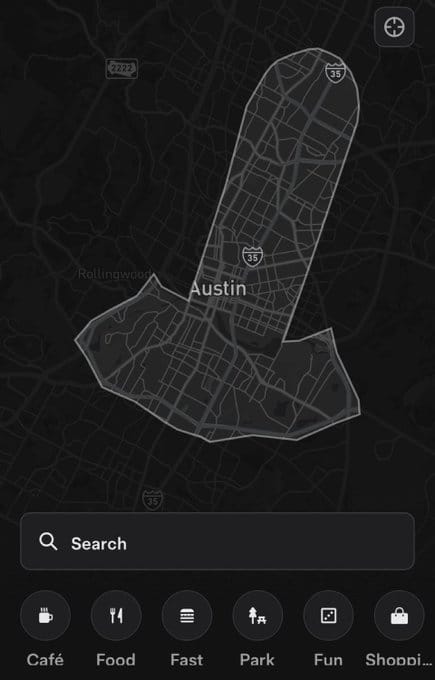Preserving Privacy in the Age of Robotic Deliveries: Balancing Convenience and Confidentiality

As our urban landscapes evolve with the advent of robotic deliveries, encompassing everything from packages and food to autonomous vehicle pickups, we find ourselves at the crossroads of innovation and privacy. The convenience offered by drones, self-driving cars, and custom autonomous vehicles is undeniable, but it also raises critical questions about privacy and data protection. In this era of technological marvels, ensuring the confidentiality and integrity of personal information becomes paramount.

The Privacy Paradox of Autonomous Deliveries
The rise of robotic deliveries marks a significant leap in logistics and urban mobility. Drones zip through the sky to drop off packages, while autonomous vehicles navigate the streets to deliver meals or transport people. However, these conveniences come with a caveat - the collection and processing of vast amounts of data. From navigation systems that track routes to cameras that monitor deliveries, the data footprint of these autonomous systems is expansive, making privacy a critical concern.

Navigating the Data Landscape: Challenges and Strategies
The proliferation of autonomous delivery systems introduces complex challenges in data management and privacy protection. These systems rely on continuous data collection to operate effectively - from GPS coordinates to delivery schedules. Ensuring that this data is handled securely, and in compliance with privacy regulations, is a multifaceted challenge that requires robust strategies:
- Data Minimization: Employing data minimization principles to ensure that only the necessary data is collected and retained is crucial in mitigating privacy risks.
- Encryption and Anonymization: Implementing strong encryption for data at rest and in transit, coupled with anonymization techniques, can shield personal information from unauthorized access.
- Transparency and Consent: Providing clear information about data collection practices and obtaining explicit consent from individuals ensures transparency and fosters trust.
- Regulatory Compliance: Adhering to privacy laws and regulations, such as GDPR or CCPA, is essential for protecting individual rights and avoiding legal repercussions.

The Role of Technology in Safeguarding Privacy
Technology can be a double-edged sword, posing risks to privacy while also offering solutions. Leveraging advanced technologies like blockchain for secure and transparent data transactions, or AI-driven anomaly detection systems to identify potential breaches, can fortify the privacy framework of robotic delivery systems.

The Human Aspect: Cultivating a Culture of Privacy
While technology is a critical component of privacy protection, the human aspect remains equally vital. Cultivating a culture of privacy within organizations, through regular training and awareness programs, ensures that every stakeholder understands the significance of data protection and contributes to the collective effort of safeguarding personal information.
Looking Ahead: The Future of Privacy in Robotic Deliveries
As we navigate the future of robotic deliveries, the balance between convenience and privacy will continue to shape the trajectory of this innovation. Ongoing dialogue among technologists, policymakers, and the public, coupled with advancements in privacy-enhancing technologies, will pave the way for a future where convenience and privacy coexist harmoniously.

In conclusion, the integration of robotic deliveries into our daily lives offers a glimpse into a future of unparalleled convenience. However, as we embrace this new era of urban mobility and logistics, the imperative to protect privacy remains more crucial than ever. By addressing the privacy implications proactively and adopting robust data protection measures, we can ensure that this technological revolution not only transforms the way we receive goods and services but also upholds the fundamental values of privacy and trust.









